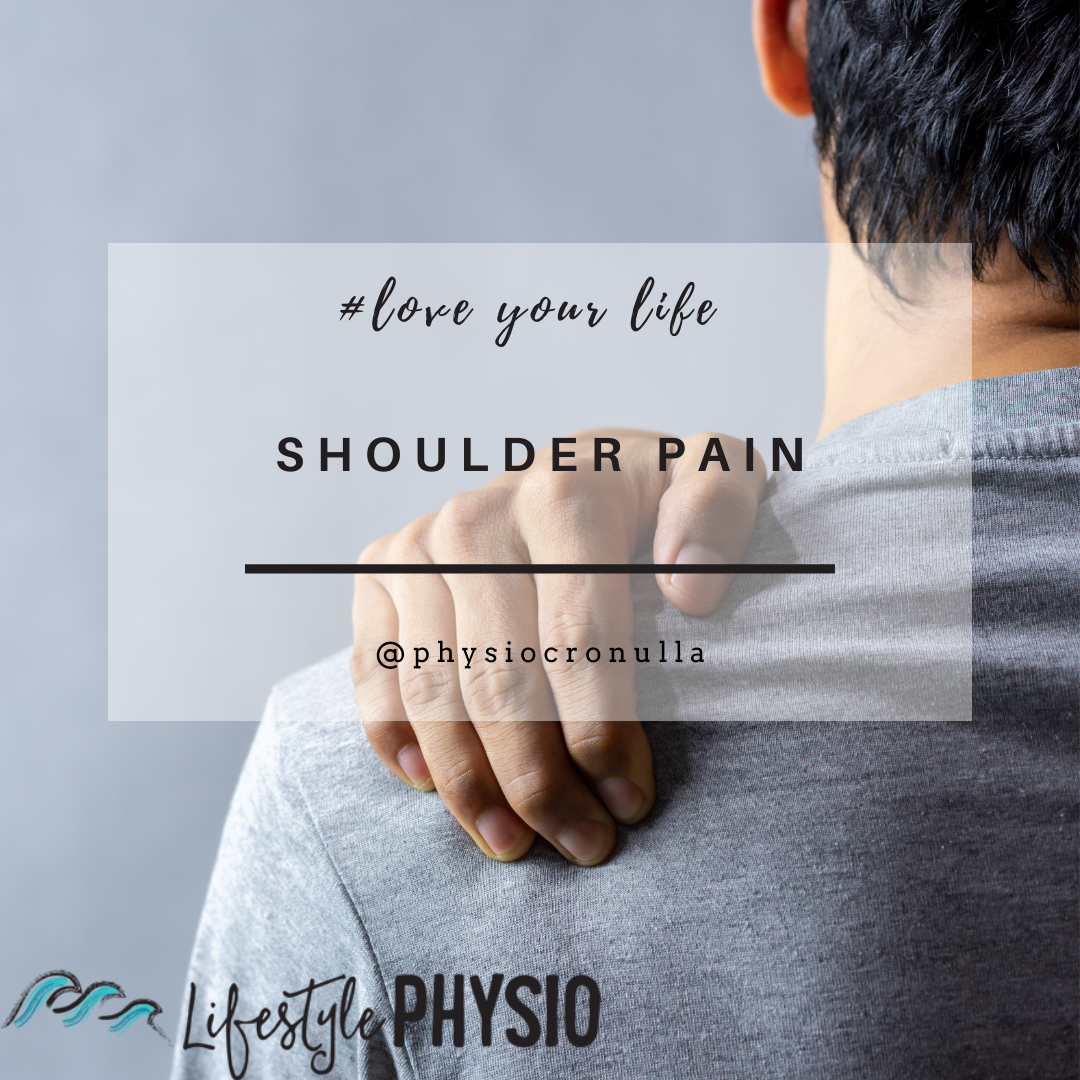
Heard of it? Had it?
A frozen shoulder (adhesive capsulitis) is a self-limiting condition- meaning that it resolves on it own, in it’s own time. Apart from this fact, we know very little about the why and how unfortunately.
What we do know is that the condition results in an excessive connective tissue accumulation and slow tissue contraction. Imagine the capsule around your joint progressively shrinks and can no longer function with its normal capacity (it can’t move around as much). Interestingly this is the same process that results in some individuals developing keloid scars.
Who gets it?
It more commonly affects women than men between 40-60 years of age. For some it develops without any preceding incident or “cause” BUT in others it is a result of a heavy impact, prolonged immobilisation (for say another injury or illness) or as the result of an auto-immune disease flare up. Research is now focusing on a possible link between changes in women’s hormone levels predisposing them to the condition during peri/menopause.
How long?
The dreaded question with each and every injury. By definition adhesive capsulitis can last from 6 months to 2 years. Vague isn’t it?! But it is because of the stages of progression; Initially pain then restriction, before recovery. And like many conditions it isn’t always linear in nature but rather has some overlap.
Research has been focused on how to reduce the duration of the condition, how to make it less painful and how to ensure full recovery. Recent articles released reviewed current literature and proposed a few treatment plans either;
- home exercises
- exercises AND physio
- a corticosteroid injection, exercises AND physio
The results?
If the condition is identified early enough (i.e. you are diagnosed quickly as symptoms present) then an injection followed by physio and appropriate exercise is the current recommendation. And while the injection sounds very scary we are lucky to have some excellent sports physicians locally with great skill in administering these.
What physio is the right physio?
If your health practitioner says they can fix it- they can’t. If they say they can speed up your recovery- they can’t. What CAN we do? We can HELP the symptoms. We can reduce the stiffness in your upper back and neck. We can maximise what movement you have, and work on maintaining your strength, and building it as your movement returns.
Simple strategies for pain management; regular use of ice, gentle active-assisted movements and isometric contractions all help. And what works for one doesn’t always- hence why it is important to have an individualised treatment plan for you.
If you have (unfortunately) been diagnosed with this condition, or need a diagnosis, let us help you manage the symptoms and get you focused on what you CAN do, not what you can’t for this relatively short period of time.
